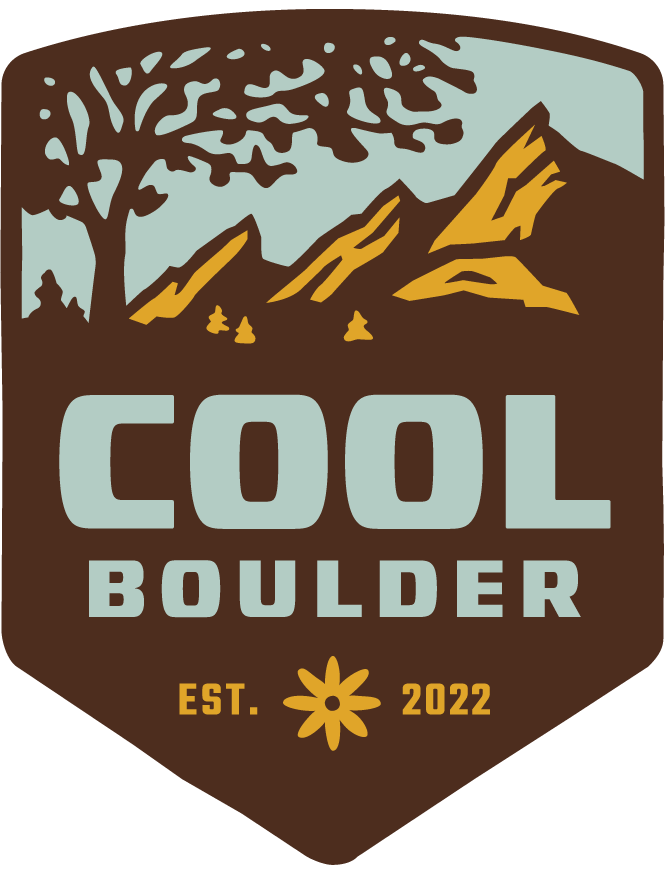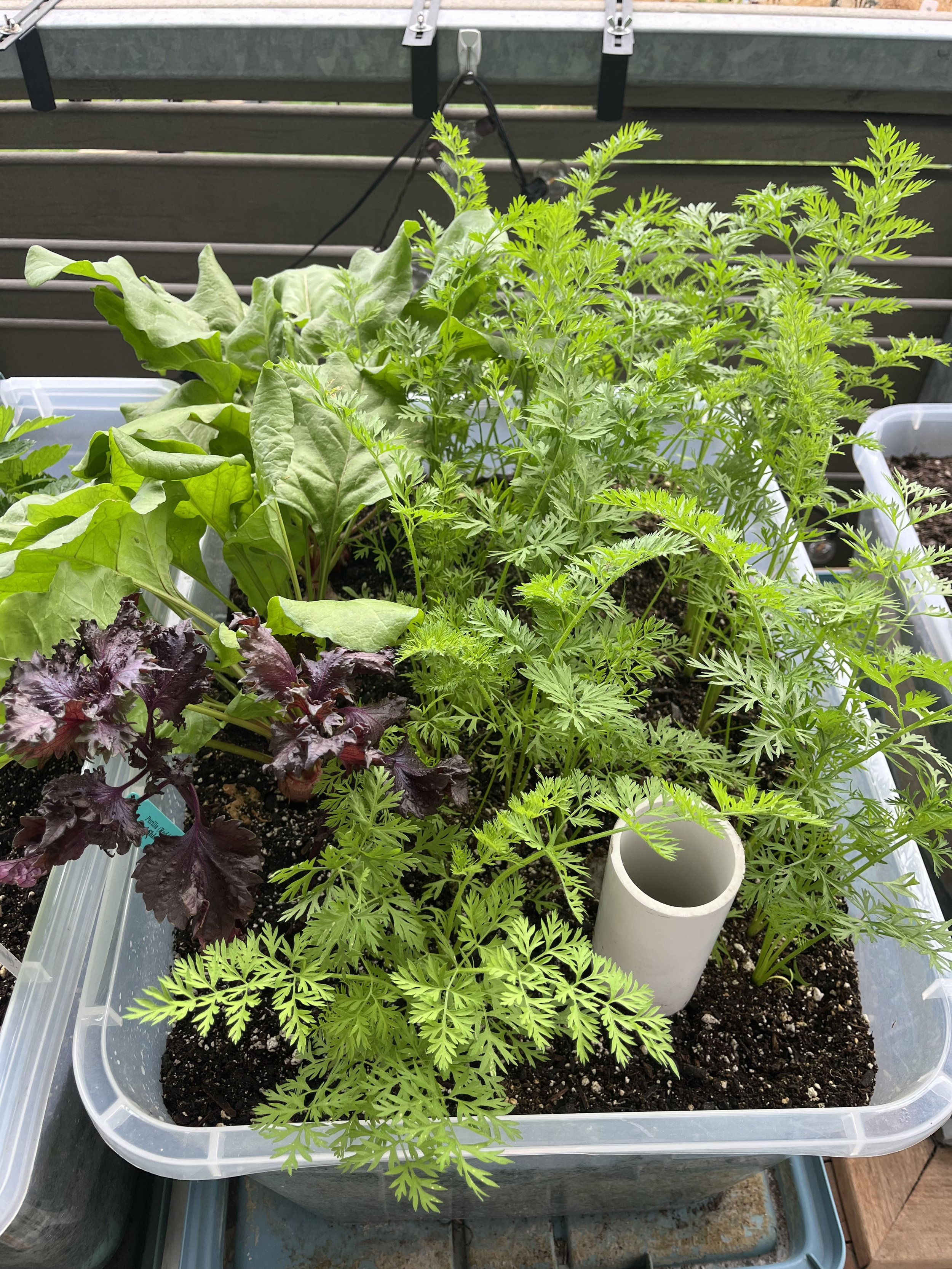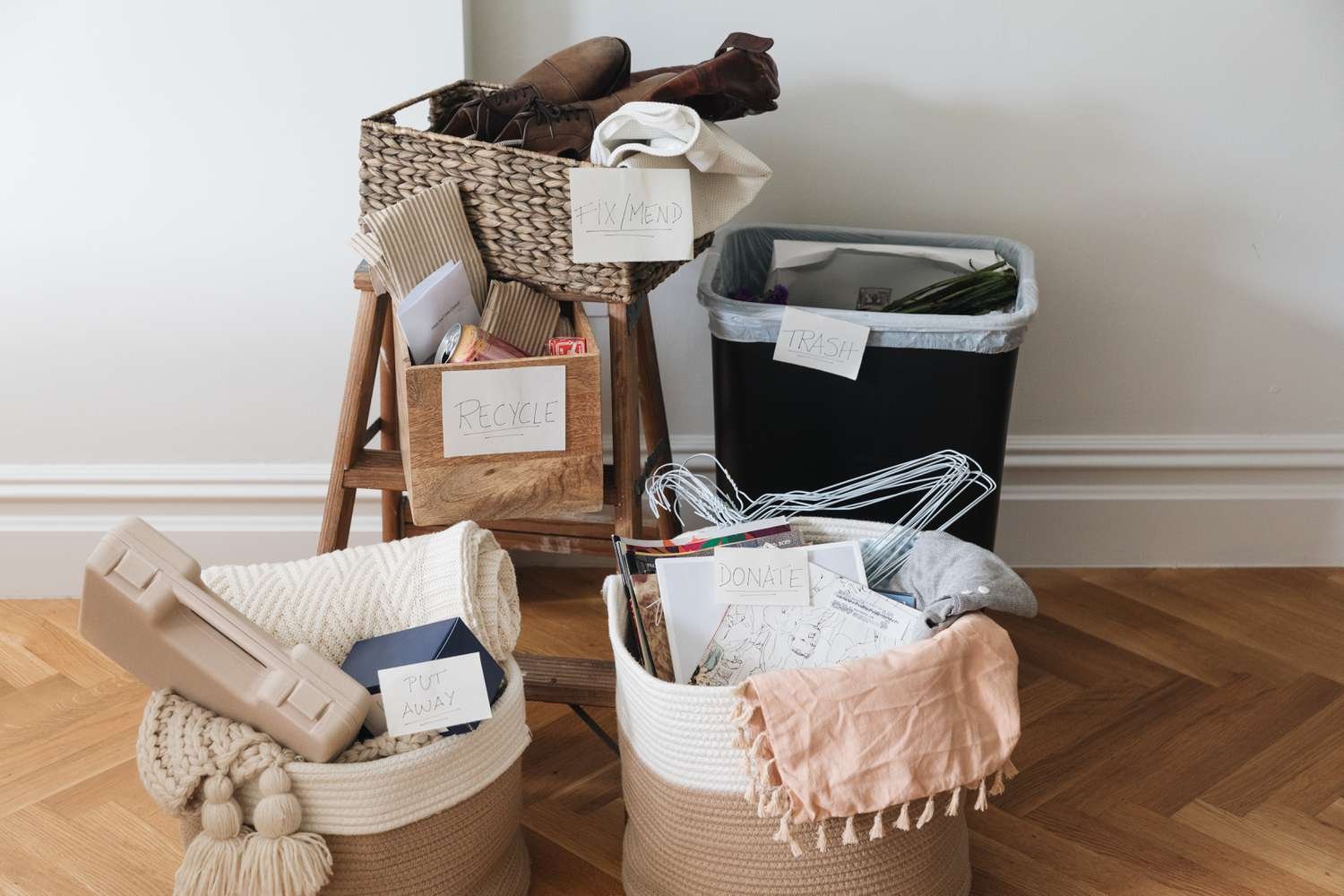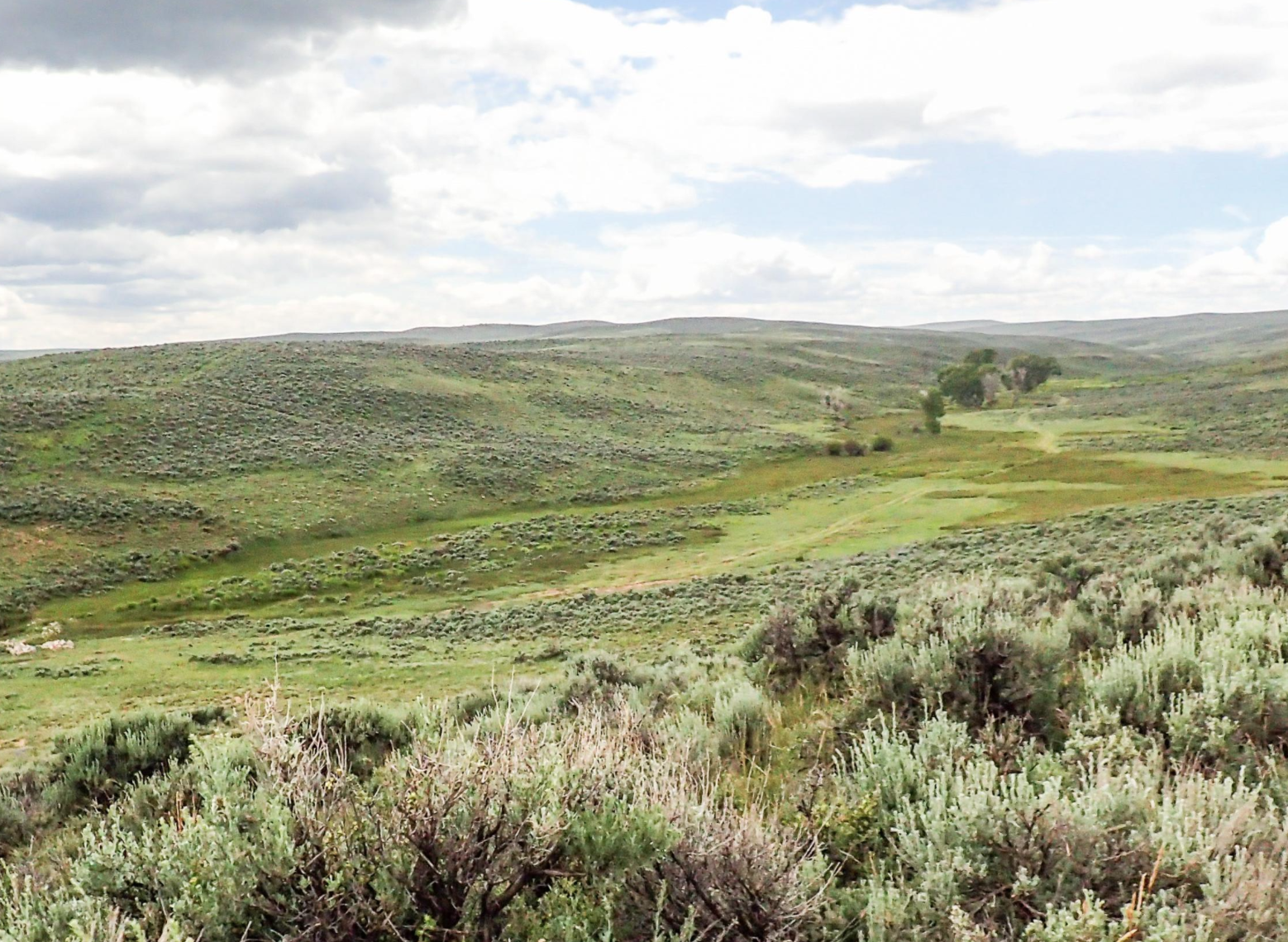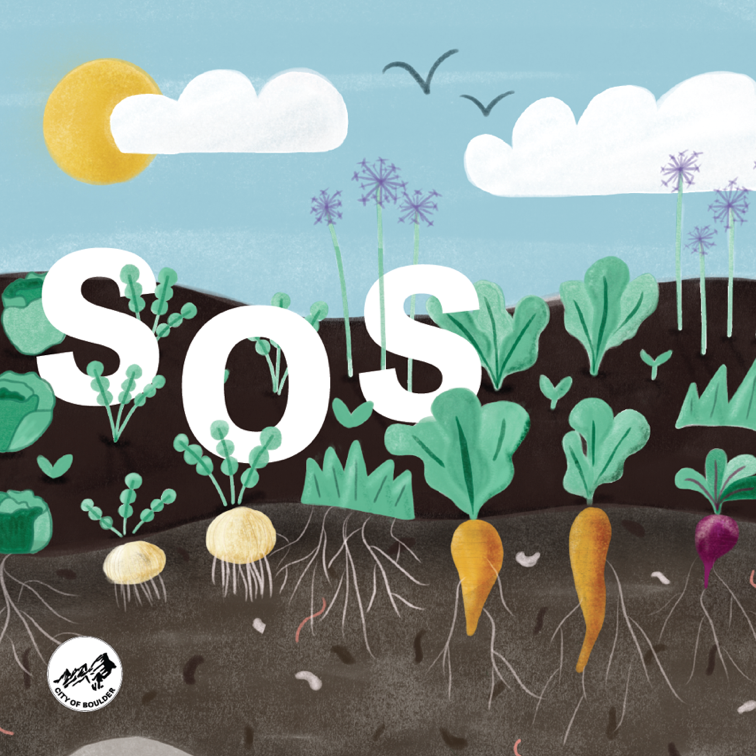Blog
Check back regularly for the latest Cool Boulder Campaign news.
Continue to the next section to review our full blog!
2023 Themes
January:
New Year Kick-off & Biodiversity
February:
Garden and Habitat Planning
March:
Soil Health and Regenerative Practices
April:
Tree Planting & Tree Care
May:
Biodiverse Places and Spaces
June:
Drought & Water Use
July:
Community Heat Impacts & Mitigation Strategies
August:
Wildfire Resilient Landscapes
September:
Pollinators & Insects
October:
Harvest / Regenerative Agriculture
November:
Seeds – Adaptations & Propagation Methods
December:
Off-Season Yard Care / Compost as a Climate Resource
Interested in a specific topic?
Search By Author
- Amy Yarger
- Andrea Montoya
- Brett KenCairn
- Caroline Petterson
- Dave Sutherland
- Elizabeth Black
- Ellen Orleans
- Guest User
- Guest User
- Jasi Sikora
- Josh Morin
- Kristine Johnson
- Lynn Riedel
- Melanie Hill
- Michelle Ferguson
- Mike Riechert
- Mikl Brawner
- Rella Abernathy
- Sandy Briggs
- Steve Armstead
- Tiffany Nurrenbern
- Tim Seastedt
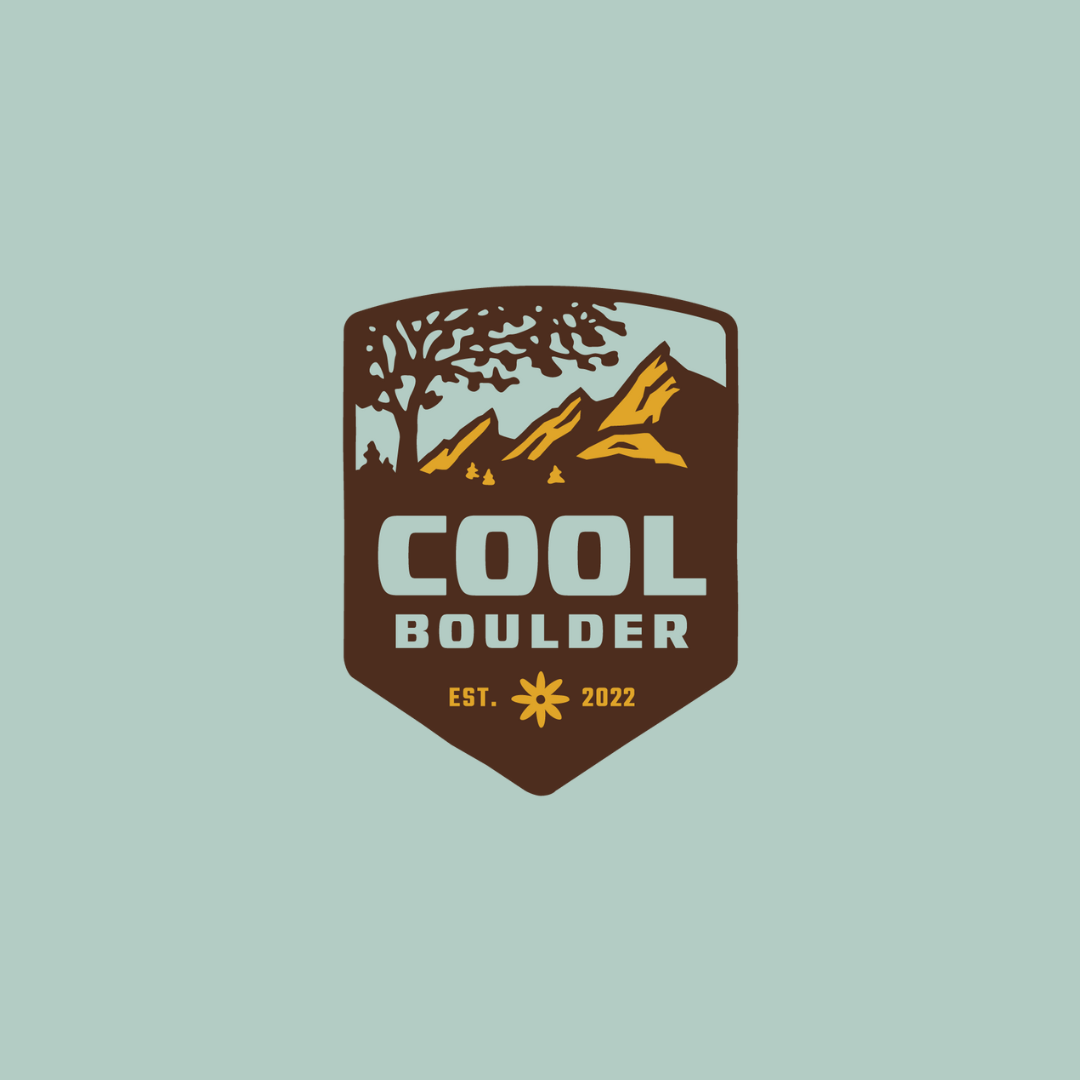
Cool Boulder Event on January 31st - Recap, Q&A’s & Recording!
Thank you to everyone who attended Cool Boulder’s Biodiversity, Climate and You event, both in-person and virtually! We reached full capacity for this free event, so were very happy to offer a remote option to follow along on a livestream. On the night of the event, we had up to 70 attendees present in person to listen to the presentation and panel, as well as participate in an activity to personally get involved in climate and biodiversity action!

Cool Boulder Event on January 31st - Save the Date!
The world’s governments met in Montreal last month to hammer out an agreement with specific goals and targets to save the world’s biodiversity. Why are the world’s living systems critical to each of us and how is protecting biodiversity deeply connected to climate change and solutions that address both? But most important, why should an international agreement matter to us and what can each of us do to make a difference?
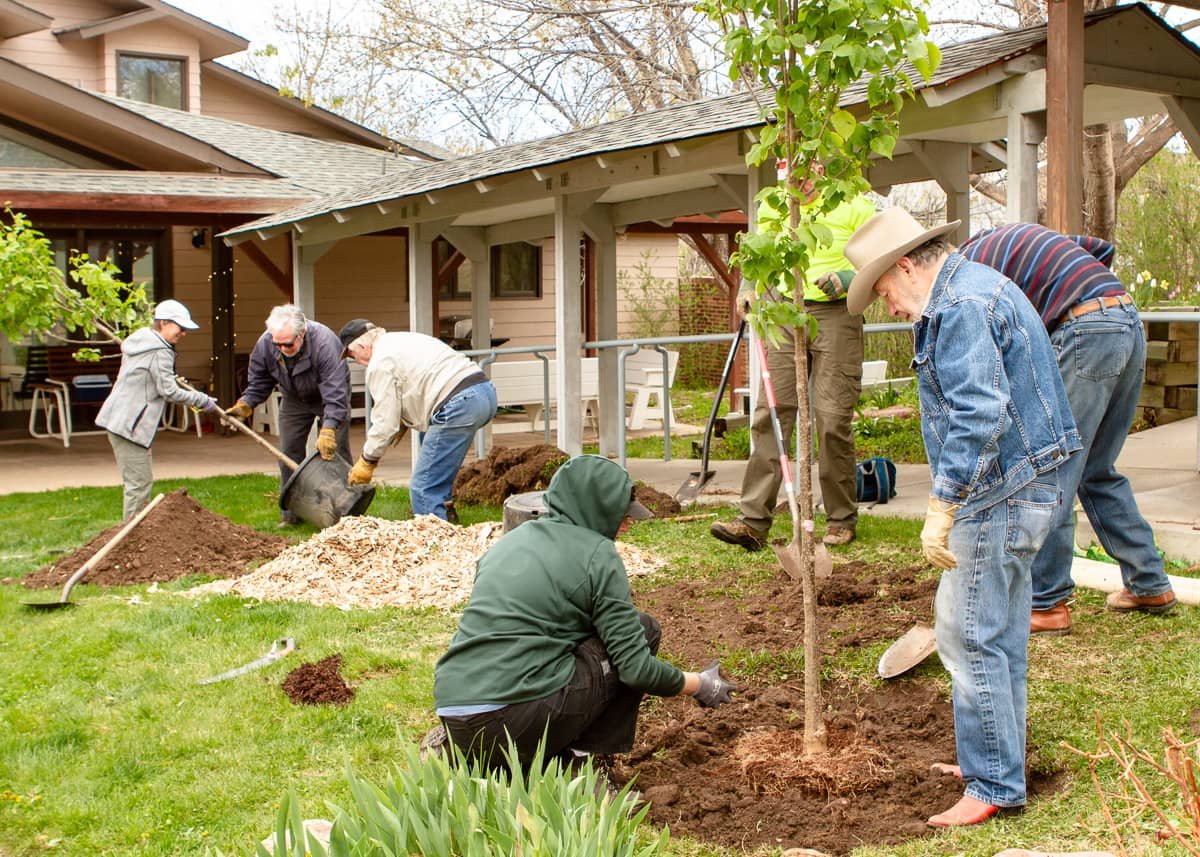
Winter Tree Care Tips and Information about the PLAY Boulder Foundation’s Tree Trust
Learn about best practices for tree care during winter in Colorado, to keep trees healthy and happy all year long!
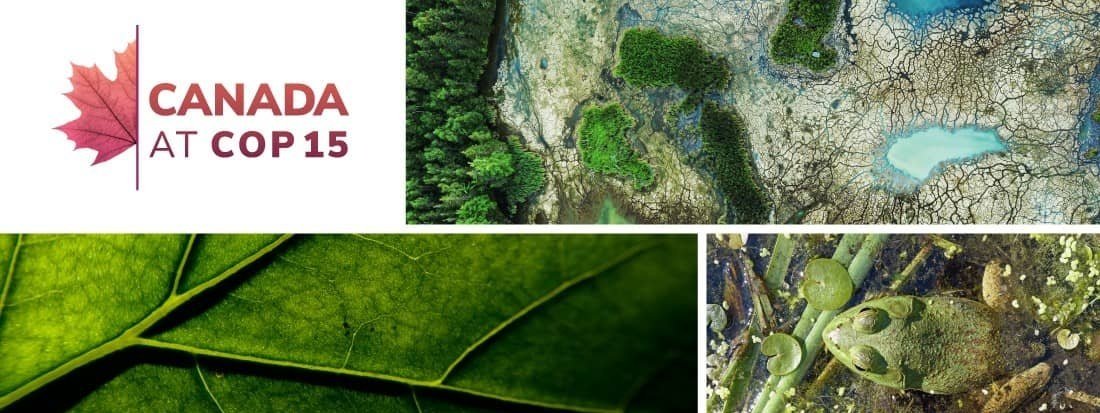
UN Biodiversity Conference - COP15 in Montréal: Context
In preparation for the upcoming COP15 Montreal UN Convention on Biological Diversity, Cool Boulder would like to provide context regarding the three UN Conference of the Parties conventions that are critical to addressing the global threats of climate change, biodiversity loss, and desertification trends.

Nature-based Climate Solutions & the Cool Boulder Campaign
We can make our community more resilient and equitable by tapping into the natural systems and processes that regulate our climate, which nature has developed over a timespan much longer than humans! This approach is called nature-based climate solutions (NbCS).


How to Prepare Winter Sow-Bags
Sow-bags are small, reusable bags that are used to make germinating seeds much easier during the cold winter - like a mini greenhouse! Sow-bags are easy to prepare, and can be a fun, quick activity to give back to the planet (and you can give them as gifts)!

How OSMP Utilizes Native Seeds for Ecological Restoration
Learn about how the City of Boulder Open Space and Mountain Parks Department (OSMP) uses native plant species for ecological restoration.

Seeds: Nature’s Bounty
All summer long, plants have been working hard, flowering, attracting pollinators, photosynthesizing, etc. for one overarching purpose: to produce seeds that will become next year’s plants. With such an investment in the next generation, plants have evolved many strategies to spread their seeds far and wide, ensuring that some will find a place where they can sprout, grow and thrive. See below to learn about 5 examples of the amazing adaptations and strategies that seeds have developed over time!
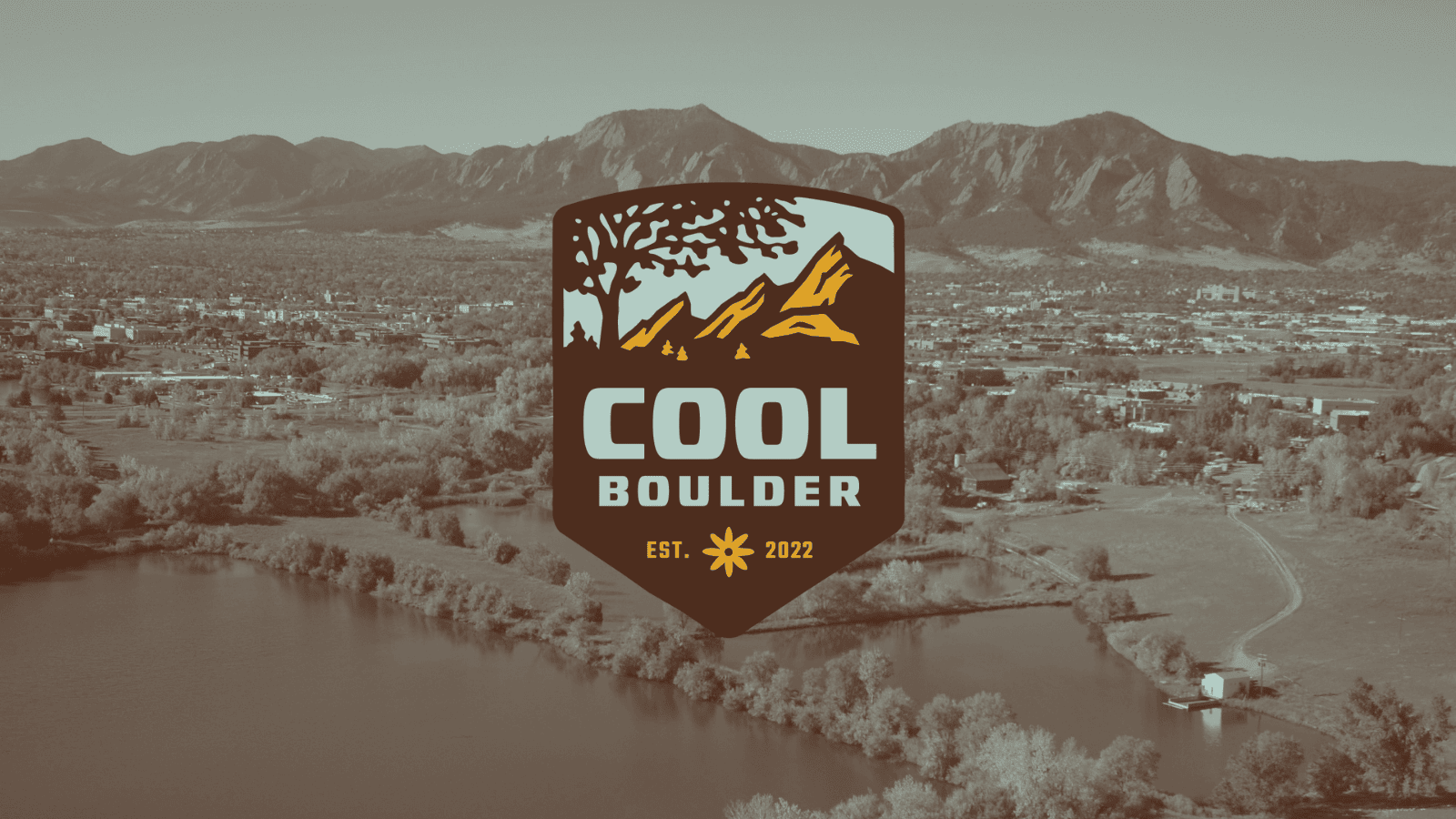
Boulder Urban Heat Mapping: A Story Map
Boulder was one of 14 cities this year to participate in this international event in coordination with NOAA and CAPA Strategies, in which community scientist volunteers drove designated routes to collect temperature and humidity data. Those community scientists are the first members of the Boulder Heat Watch Team, who will be working with Cool Boulder to continue to track heat in the Boulder community. This data will hopefully be used to help inform nature-based cooling solutions like tree planting.

Recipe Suggestion – Gluten-Free Flour Tortillas
Nothing really takes the place of homemade wheat flour tortillas made with lard! But, these are pretty darn good, especially on day one. It is always challenging to store GF products as they tend toward dryness and getting hard. So—get a pot of pinto beans cooking (add lots of chopped garlic to those and make yourself some tortillas to eat with them ASAP.

Harvest Recipe Suggestion – Apple & Pear Crisp
Are you looking for a good way to use your locally picked apples and other fruit from this year’s harvest? (See our recent blog post, written by Melanie Hill, from the Community Fruit Rescue) Or, are you searching for that perfect and easy, fall-themed recipe? Look no further than this Food Network recipe, courtesy of Ina Garten!
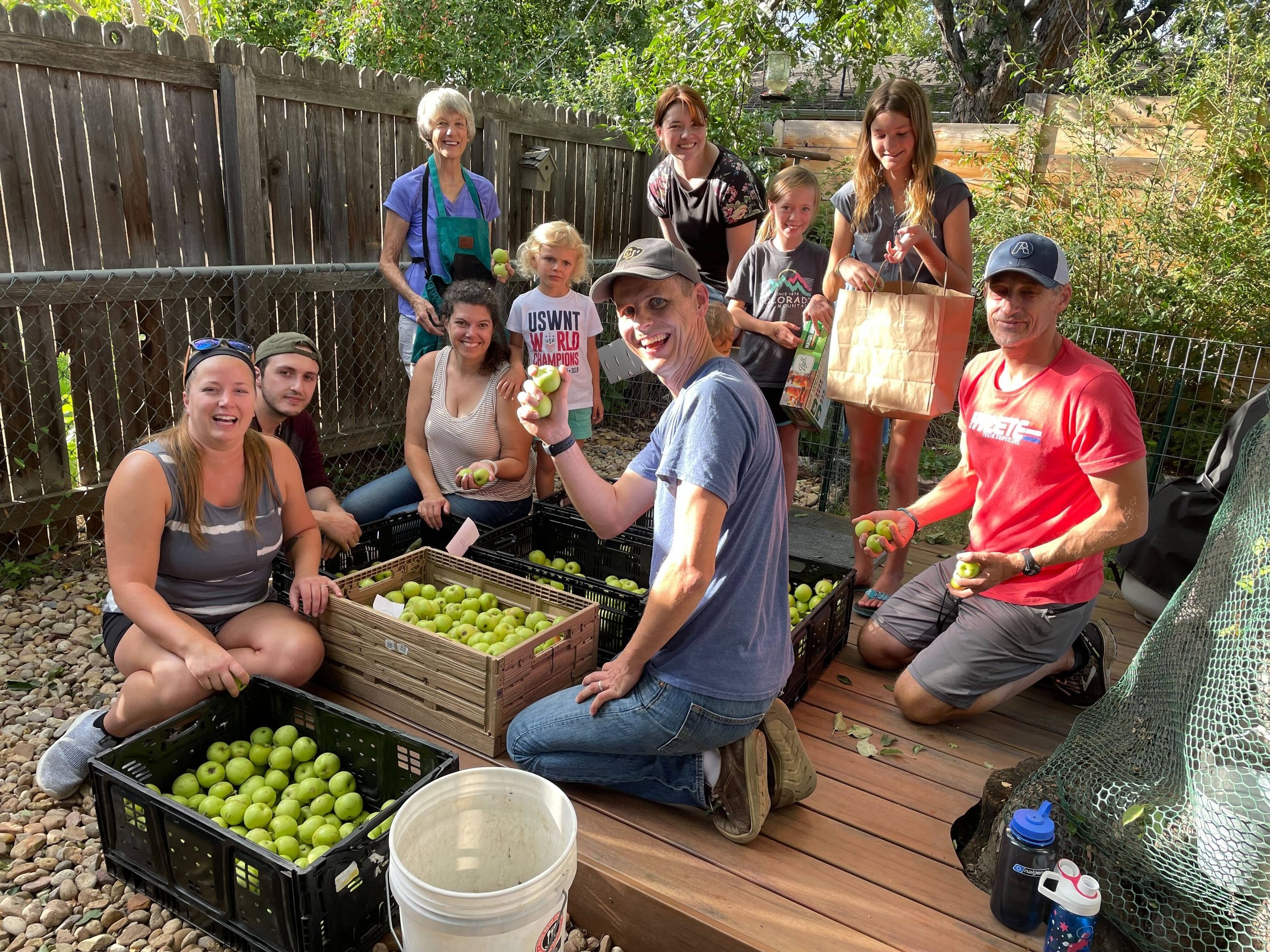
Look No Further Than Boulder’s Backyards for Your Fall Apple Picking
Boulder is basically one big urban apple orchard with an abundance of fresh, healthy, affordable fruit for all!

Keeping Pollinators in Mind This Fall and Winter
Many insects that live in our yards, parks, and natural landscapes are well adapted and have varied strategies to persist through the cold winter and shoulder seasons since they require the sun’s warmth to be able to move and function. Where do the insects go and what happens to them during these colder months and how can you support them?

The Joy of Connecting
A reflection on connection and community building through Pollinator Habitat gardens.

Safe Pest Management for Bees, Kids, and the Planet
We do not need systemic neonicotinoids (neonics) or any toxic pesticides to grow plants well. The solution is to employ human attention, biodiversity, nutrient-dense soils, application of nontoxic management, and tolerance.

Putting the “Community” into Community Science
Community science is exciting because individuals don’t have to have formal scientific training to contribute to our mutual understanding of the natural world. People who are curious about the world around them can take the time to learn more, whether it’s about pollinators or soil or the stars above. Participating in these projects yields benefits for both the individual and for the world.
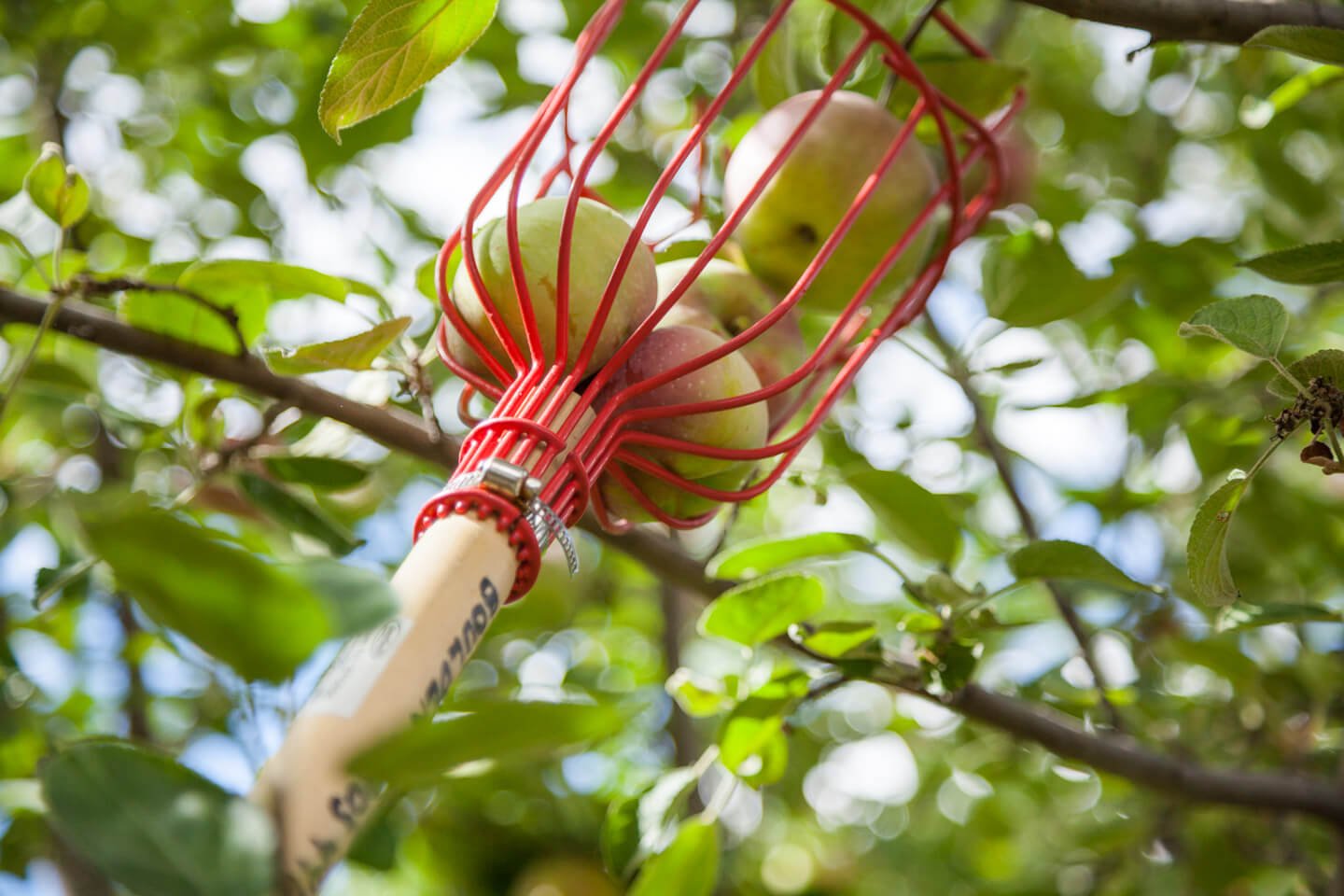
Are You A Fruit Rescuer? Be A Harvest Leader!
Community Fruit Rescue is a nonprofit organization that harvests the surplus and often overlooked fruit growing throughout the Boulder area to help reduce food waste, prevent conflicts with wildlife like black bears, build resilient communities, and direct fresh food to the people who need it. The harvested fruit is then donated to volunteer pickers, local food pantries, homeless shelters, schools, and even to the rescued animals at the Wild Animal Sanctuary.
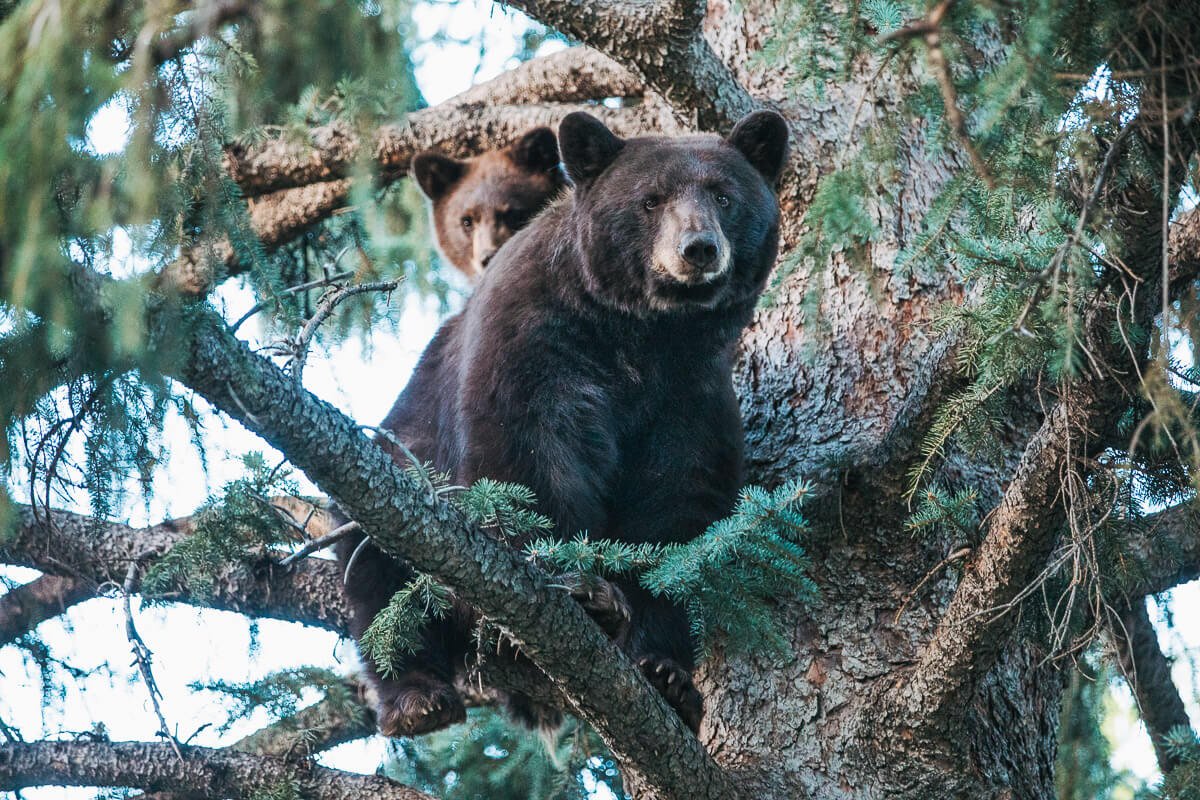
Keep Your Fruit Trees Healthy While Protecting Wildlife
Have you ever observed the abundance of apples growing throughout Boulder? There’s a reason why this surplus of fruit exists today. Learn how to care for fruit trees and protect Boulder’s wildlife.
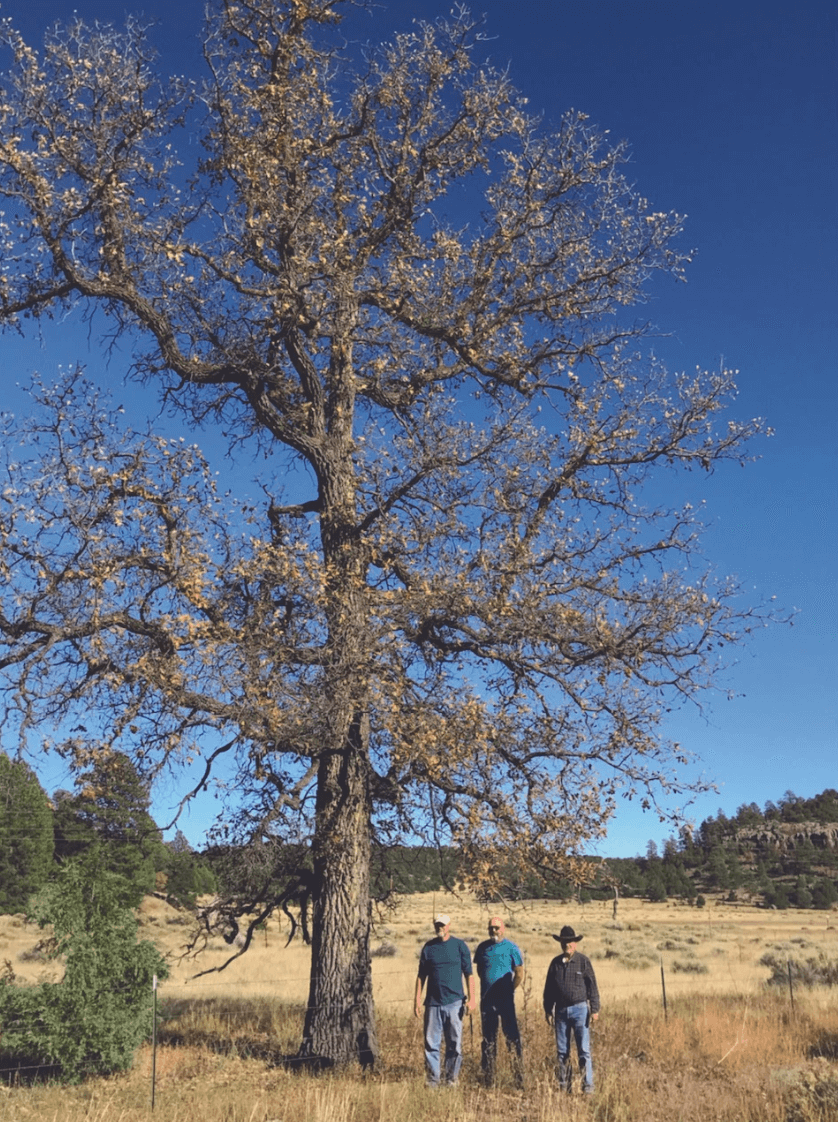
Trees for a Changing Climate & Resilient Urban Forest
If you look at old photos of Colorado Front Range cities, you won’t see many trees. And if you look up native trees of Colorado, you will find a lot of mountain-growing conifers and just a few deciduous trees that grow along streams. Learn about the history of tree stewardship in the Front Range.
